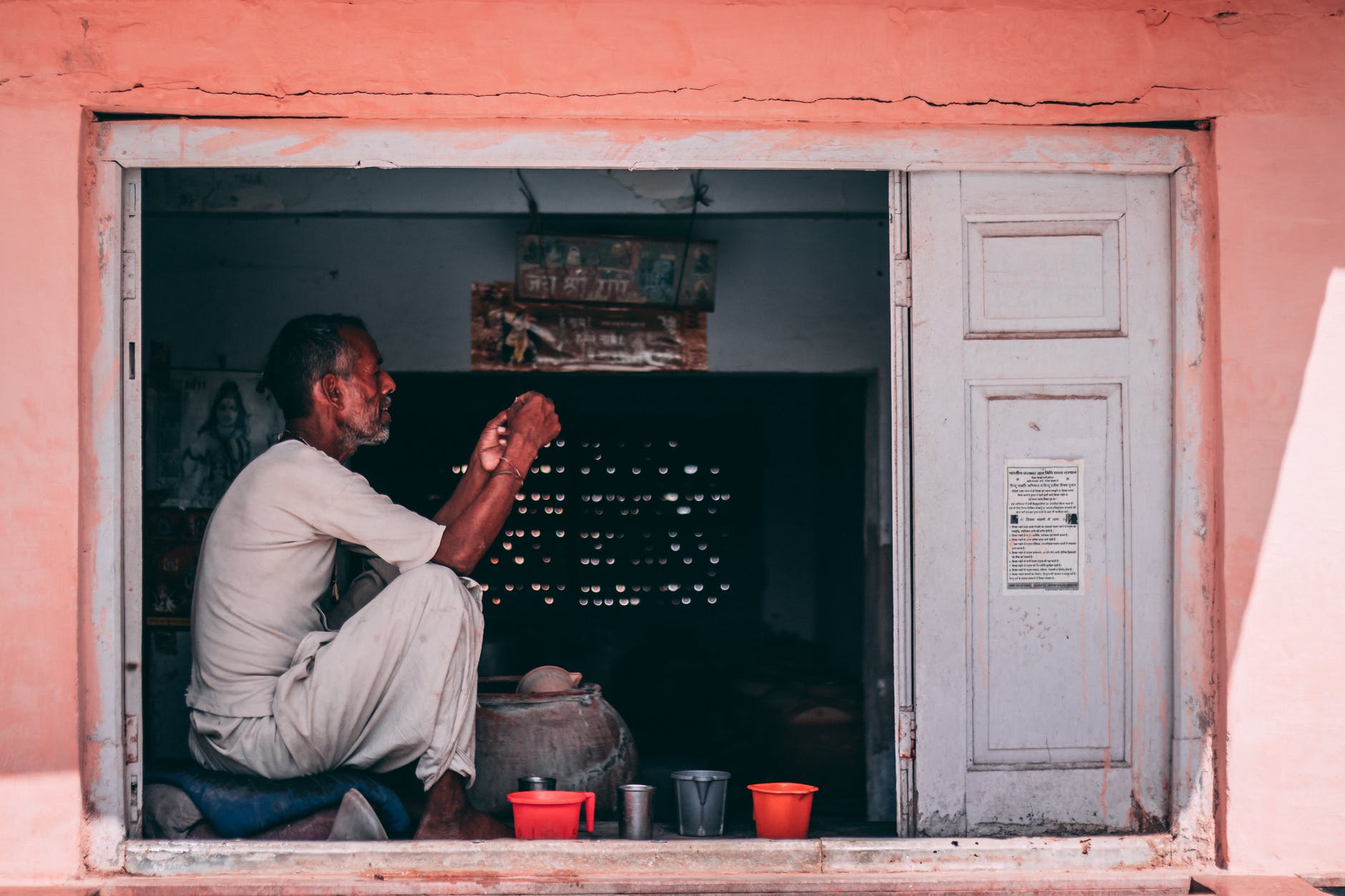Rajasthan and Gujarat together account for 36% of the urban homeless people in the country.
More than 2 lakh people in urban India sleep without a shelter over their heads at night. So far, 22 States and Union Territories (UTs) have conducted a third-party survey through which 2.08 lakh urban homeless persons have been identified, Hardeep Singh Puri, MoS, Ministry of Housing and Urban Affairs, said in a reply to a question in Lok Sabha. The two western states of Rajasthan and Gujarat host the most number of urban homeless people in the country. The two states together account for 36 per cent of urban homeless people in the country. Uttar Pradesh and Haryana follow Rajasthan and Gujarat in the list.
Hardeep Singh Puri further said that land and colonisation are state subjects, therefore, it is the responsibility of the states and UT governments to frame policies and implement schemes for providing permanent houses to destitute persons. However, the Centre through Pradhan Mantri Awas Yojana – Urban (PMAY-U) Mission, has been providing technical and financial assistance to the states in providing houses with basic civic amenities to eligible urban poor including destitute persons.
The government has set a target of 1.12 crore houses in urban areas by 2022 under PMAY – ”Housing for All”, one of the flagship programmes of the Modi government. Last month, the government said that 35 lakh houses have so far been delivered to beneficiaries under the PMAY-U while 65 lakh houses are currently under construction. Besides, Hardeep Singh Puri had estimated that 3.65 crore jobs would be generated in the construction of all sanctioned houses under the mission and of these, about 1.65 crore jobs would have already been generated.
Meanwhile, Prime Minister Narendra Modi inaugurated 1.75 lakh houses built under Pradhan Mantri Awaas Yojana – Gramin in 12,000 villages in Madhya Pradesh earlier this month. PM Moid had said that Pradhan Mantri Awaas Yojana is not just about providing housing, but also about instilling confidence in the poor so that they are free of daily struggles and they can focus on building a better future and can sleep peacefully.
This article first appeared in The Financial Express.





